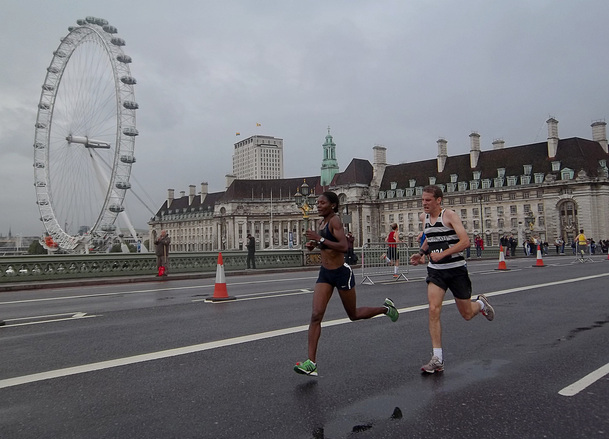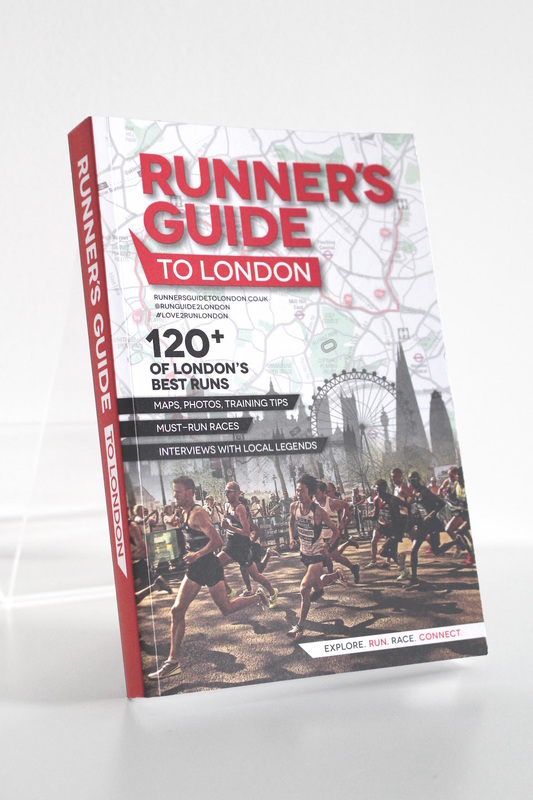In this blog piece, Runner's Guide to London author Hayden Shearman shares some wonderful stories from London's rich running history (including how London set the official marathon distance, founded the running club and cross country running, and gave birth to the parkrun explosion).
Have a read of the blog published in the Telegraph.



 RSS Feed
RSS Feed


